Preserving fertility in cancer patients
- How does cancer affect your reproductive organs?
- What is the Postponed Motherhood/Fatherhood Programme?
- Who can participate in the programme?
- Who should consult a fertility specialist?
- Advantages of participating in the Center’s fertility preservation programme for cancer patients
- What methods does the programme use?
- How to take part in the programme?
- What documents are patients required to produce to take part in the programme?
- Webinar: Preservation of fertility in cancer patients. Postponed motherhood as an option for cancer patients.
- Webinar: Toxicity of chemotherapy for reproductive glands: what can be done?
In 2021, the Center launched the Postponed Motherhood/Fatherhood Programme aiming at preserving fertility in cancer patients of childbearing age. The first consultation with a fertility specialist is free.
How does cancer affect your reproductive organs?
Around 15% of all cancers patients are younger than 40. Many types of cancer treatments (surgery, radiation therapy or chemotherapy) negatively affect reproductive health in 30-70 % of male and female cancer patients of childbearing age. This may lead to infertility or force patients to postpone having children for several years. Available fertility preservation options depend on the age of the patient at the start of the treatment and the duration of the treatment.
Chemotherapy agents may reduce sexual desire in women, damage follicles, cause premature ovarian failure, disrupt the normal cycle or make periods stop. Even if the menstrual cycle has normalized, getting pregnant with the patient’s own eggs may still be highly unlikable.
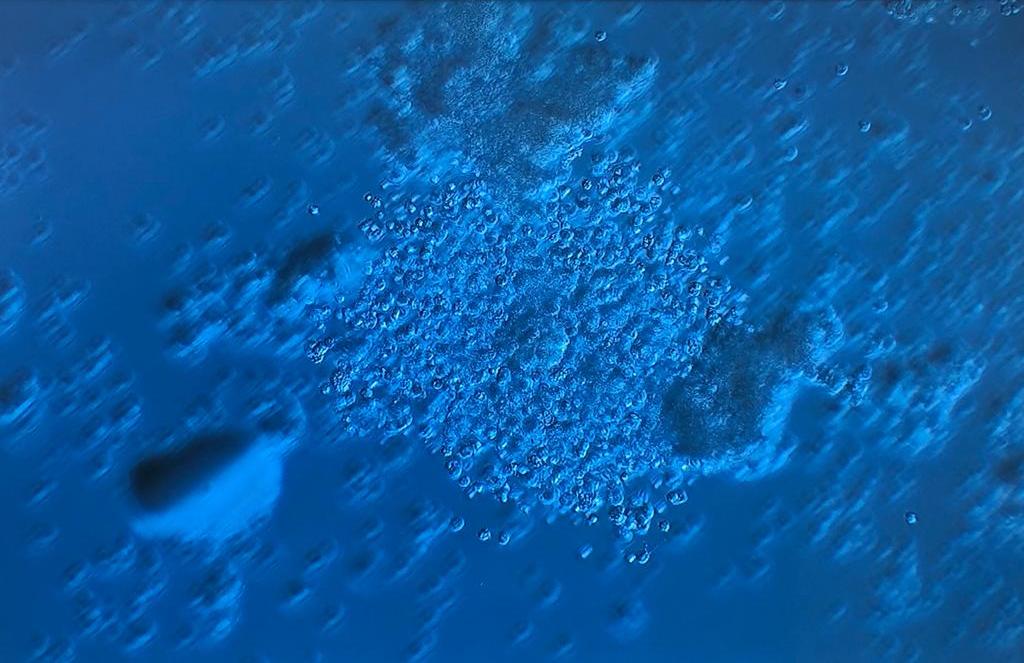
Normally, women over 35 have lower chances of getting pregnant naturally. And a cancer diagnosis means that women have to delay pregnancy for at least a couple of years.
In male patients, some chemotherapy agents at certain doses may cause temporary or permanent impotence and reduce sperm quality, even to the point of complete lack of sperm in a man's ejaculate.
Radiation therapy to the pelvic area and lower abdomen causes reproductive organs to stop producing egg cells and sperm cells. In women over 40, the radiation dose of 1.5 Gy causes periods to stop; the radiation dose of 2-4 Gy kills half of the follicles; and the radiation dose of 20 Gy leads to infertility.
Young patients with gynecologic cancers who have to undergo surgery might have their uterus and ovaries removed.
However, cancer patients may still have healthy children when in remission from disease.
What is the Postponed Motherhood/Fatherhood Programme?
The Postponed Motherhood/Fatherhood Programme gives cancer patients a chance to become parents after treatment.
This programme is a set of measures that helps cancer patients to preserve their own biological material and have children in future:
- An oncologist establishes the diagnosis and devises the treatment plan;
- Before treatment begins, the patient has a consultation with a fertility specialist to discuss available methods of cell and tissue preservation;
- A patient-specific reproductive material preservation plan is designed and put into action (organ-sparing surgery, ovarian transposition, medications to protect ovaries during chemotherapy, and egg and tissue freezing);
- When in remission from disease, the patient may use their preserved genetic material to become pregnant.
Frozen sex cells may be stored for infinite periods of time and after being thawed more than 90% of cells are viable.
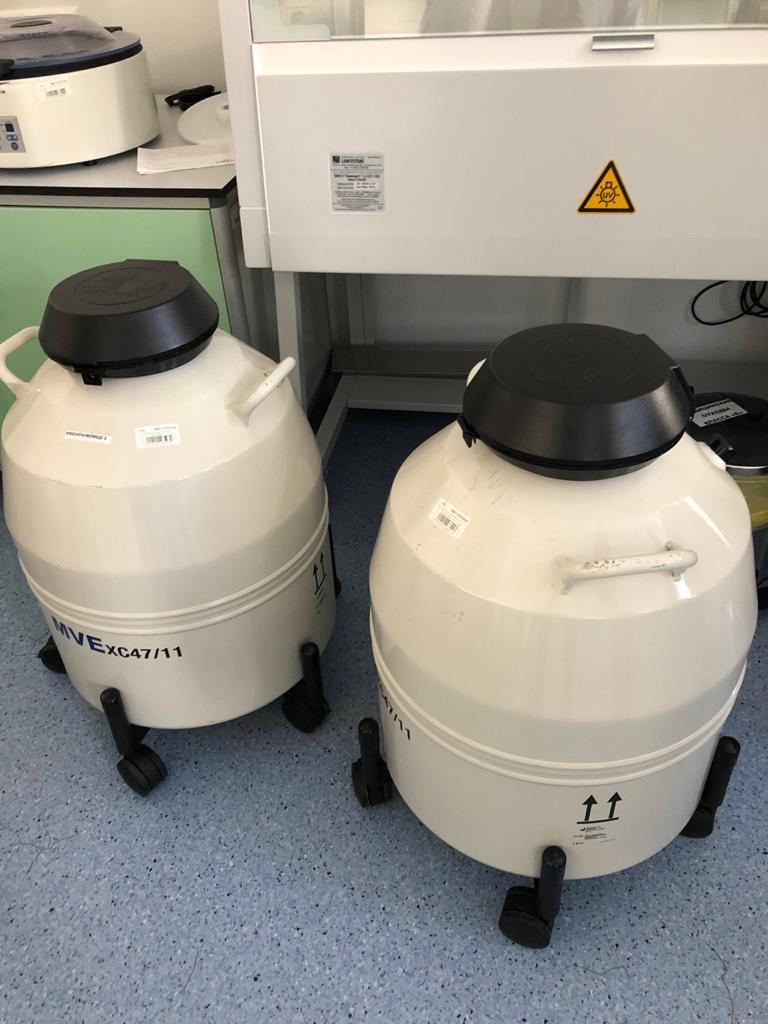
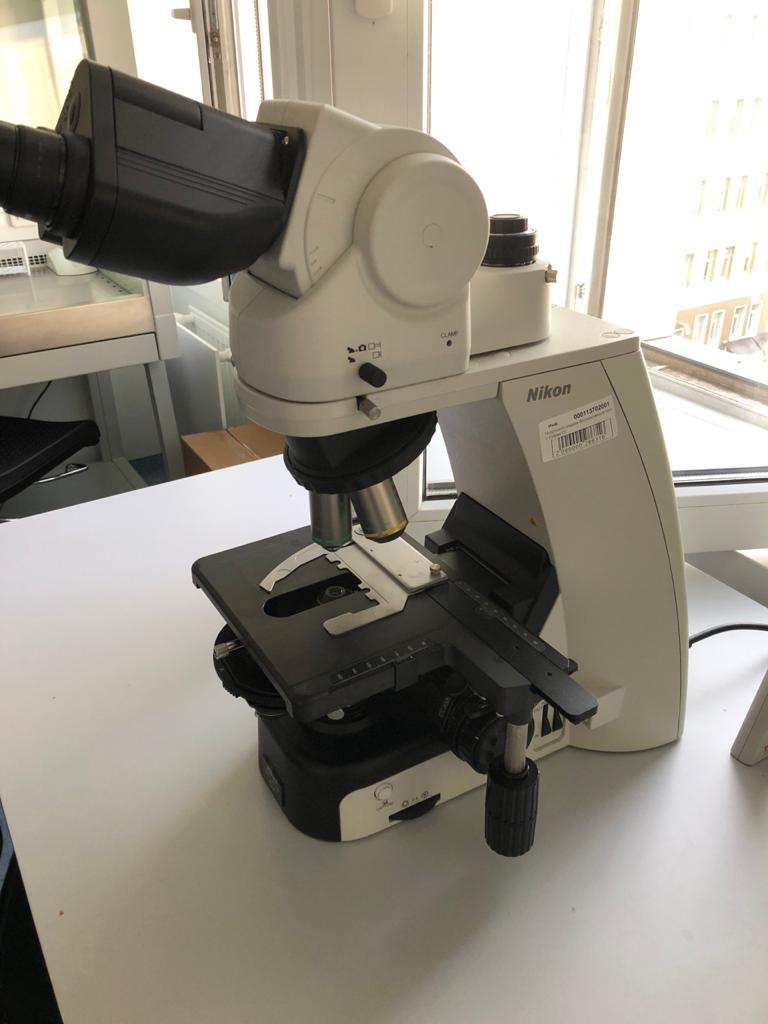
Freezing of ovarian tissue, sperm, eggs and embryos is backup in case the patient decides to have children after treatment. Frozen sex cells may be stored for infinite periods of time and after being thawed more than 90% of cells are viable.
Who can participate in the programme?
- Any resident of Russia
Who should consult a fertility specialist?
A fertility specialist should be consulted, if patients belonging to the following groups want to have children after treatment:
- patients with Stage I-II cancers;
- any patient between 18 and 42 who is to undergo specific therapy, including gonadotoxic chemotherapy and / or radiation therapy to the areas of the body below the diaphragm;
- childless women aged 35 and older who are to start cancer treatment.
Patient should consult a fertility specialist if they are to receive the following treatments:
- surgical treatment of gynaecological cancers;
- radiation therapy of any cancer to the areas of the body below the diaphragm;
- gonadotoxic chemotherapy; and
- other specific cancer therapy.
Advantages of participating in the Center’s fertility preservation programme for cancer patients
- We use team approach – our oncologists and fertility specialists work together to achieve the results;
- We cooperate with the clinic for reproductive and genetic health – the Next Generation Clinic (NGC);
- We cooperate with the International Center of Reproductive Medicine; and
- The programme is run by a multidisciplinary team which includes a gynecologist, oncologist, a fertility specialist and other specialists.
What methods does the programme use?
- semen cryopreservation (freezing) – the only recognized method of preservation of reproductive material of men (two ejaculates are enough);
- cryopreservation of naturally matured eggs or after hormonal stimulation;
- cryopreservation of embryos (egg fertilized with sperm from a partner);
- cryopreservation of ovarian tissue which is re-implanted into the body after the woman is in remission from disease; and
- in vitro maturation (IVM) – harvesting of immature eggs on any day of the cycle and their maturing outside the body in special media, followed by freezing of the matured egg.
How to take part in the programme?
Please call +7(812)43-99-555 and the call center will be able to schedule you an appointment to see a fertility specialist. The call center works Mon-Sun.
Appointments with fertility specialists are scheduled Mon-Fri.
Important!
The first consultation with a fertility specialist is free.
The patient will be charged a fee to participate in the programme further (as per Item 40 of Appendix 1 of Order No. 107n of the Ministry of Health of Russia).
During the consultation, the fertility specialist will:
- assess the reproductive potential of the patient;
- talk to the patient about available methods of fertility preservation and preservation of sex cells and tissues;
- assess the viability of using certain methods of fertility preservation depending on the plan of investigations and treatment ;
- design a patient-specific plan to preserve the biological material of the patient; and
- work out a step-by-step plan for the implementation of the programme.
Important information!
It is advisable to consult a fertility specialist before the start of your cancer treatment, so that you will be able to use all available methods of genetic material preservation (egg/embryo/sperm/tissue).
What documents are patients required to produce to take part in the programme?
- Passport
- Health insurance card
- Individual insurance account number (SNILS)
Webinar: Preservation of fertility in cancer patients. Postponed motherhood as an option for cancer patients.
Webinar: Toxicity of chemotherapy for reproductive glands: what can be done?
Our fertility specialists
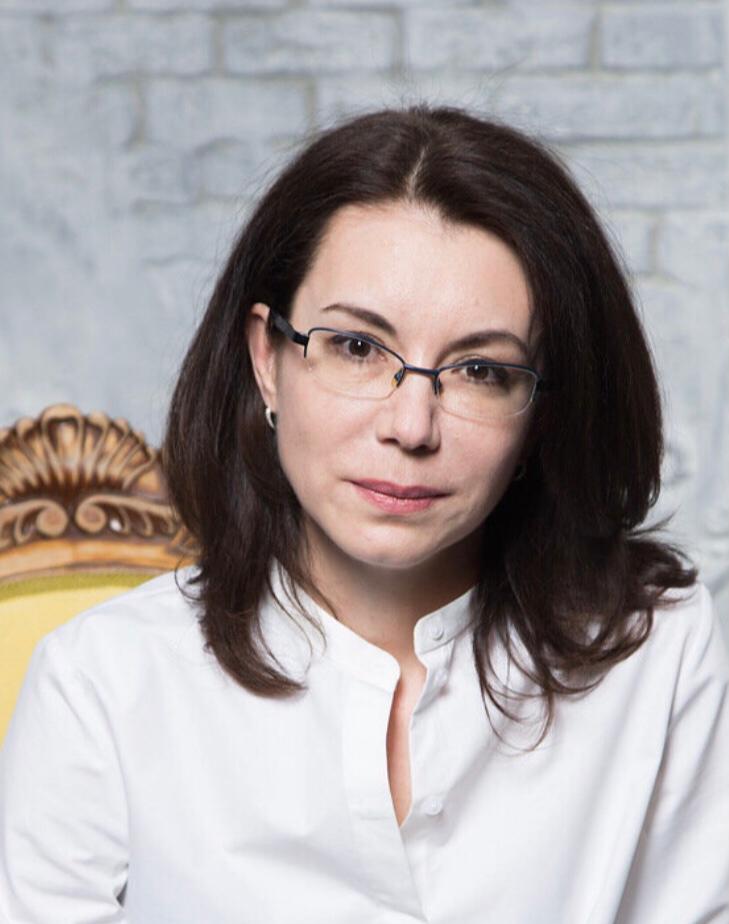
Dr Olga E. Lavrinovich, PhD (Medicine), oncologist, OB/GYN, Head of Minor Surgery Department
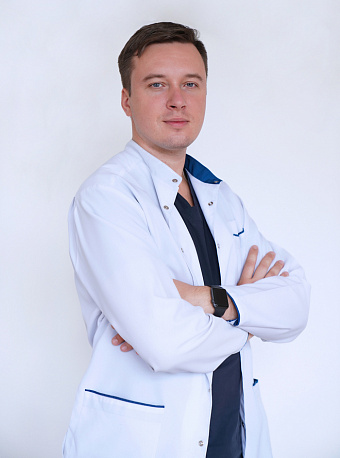
Dr Oleg V. Zaozerskiy, oncologist, urologist
